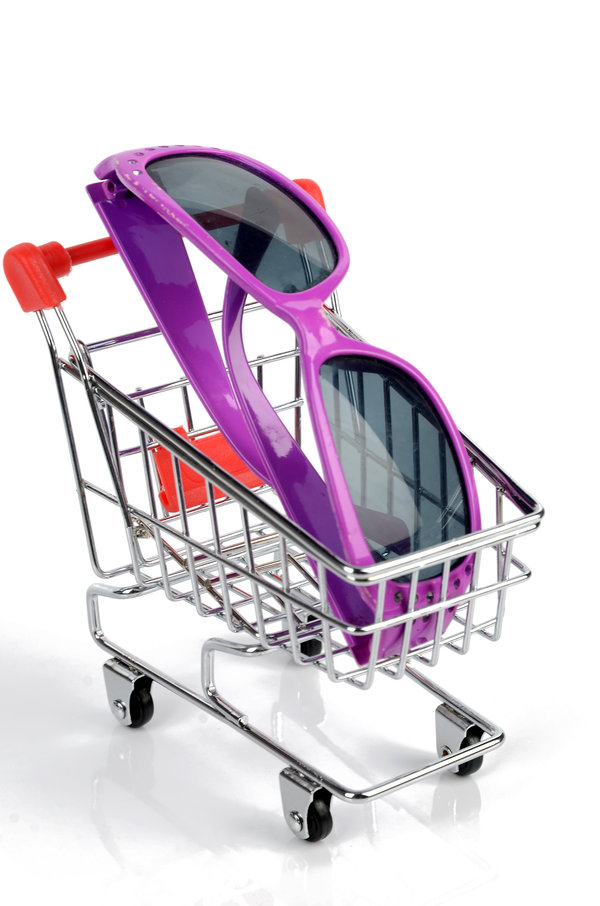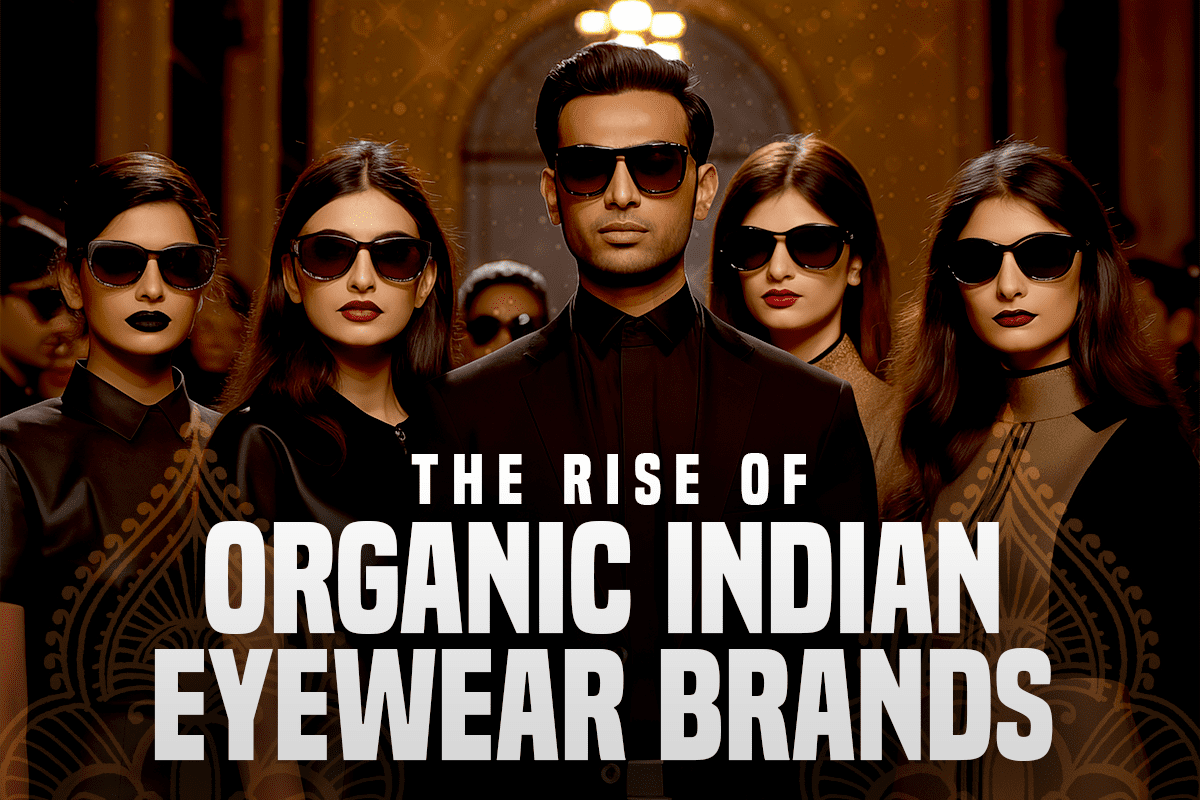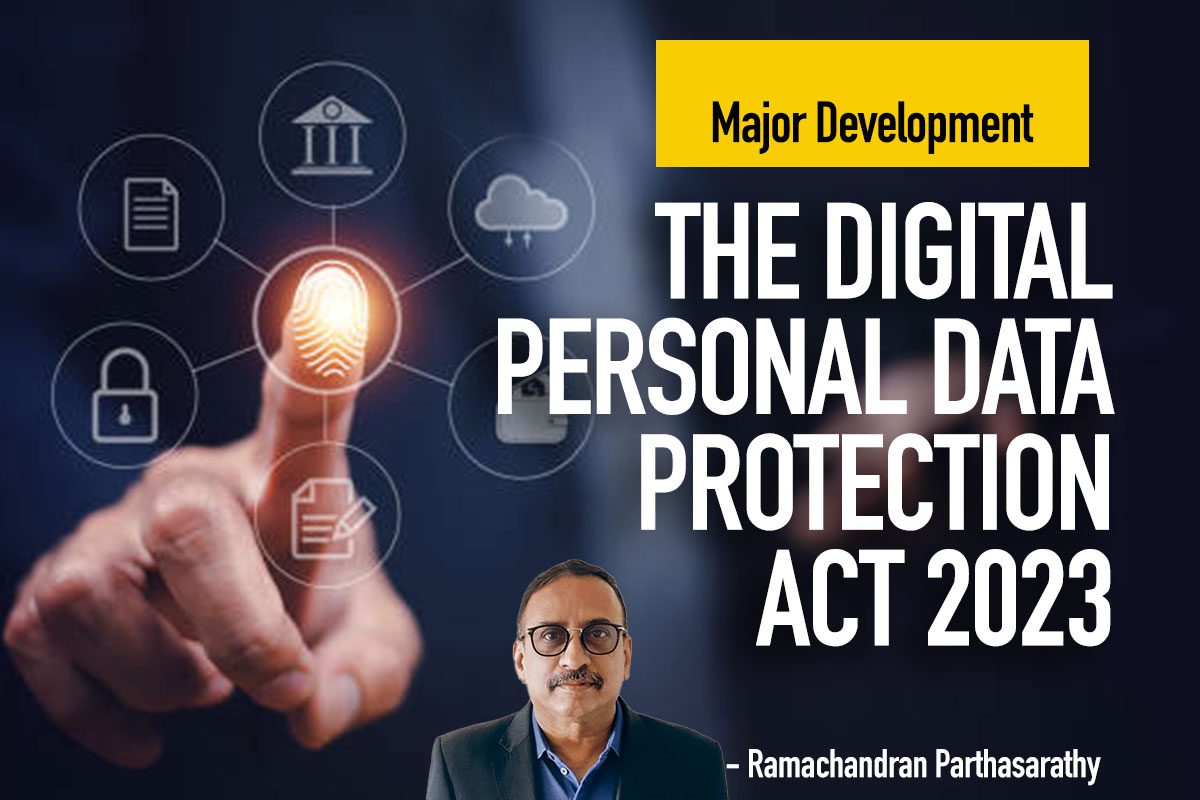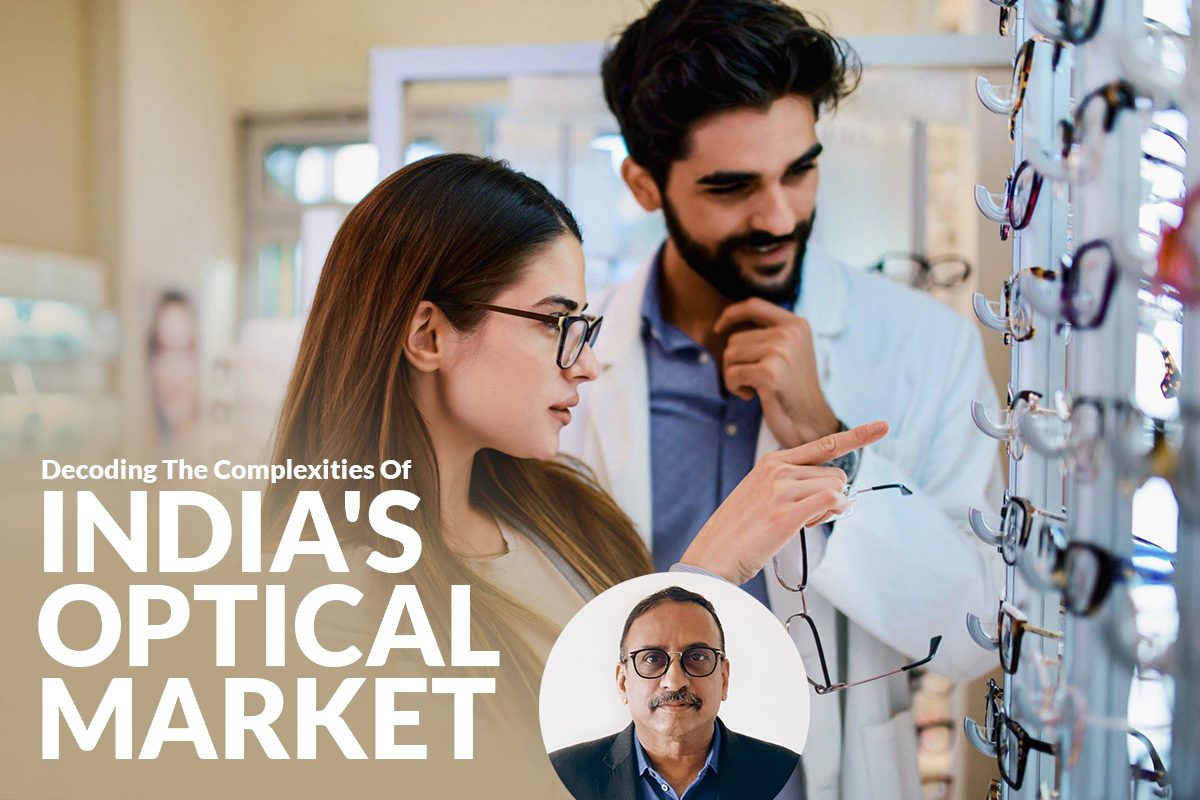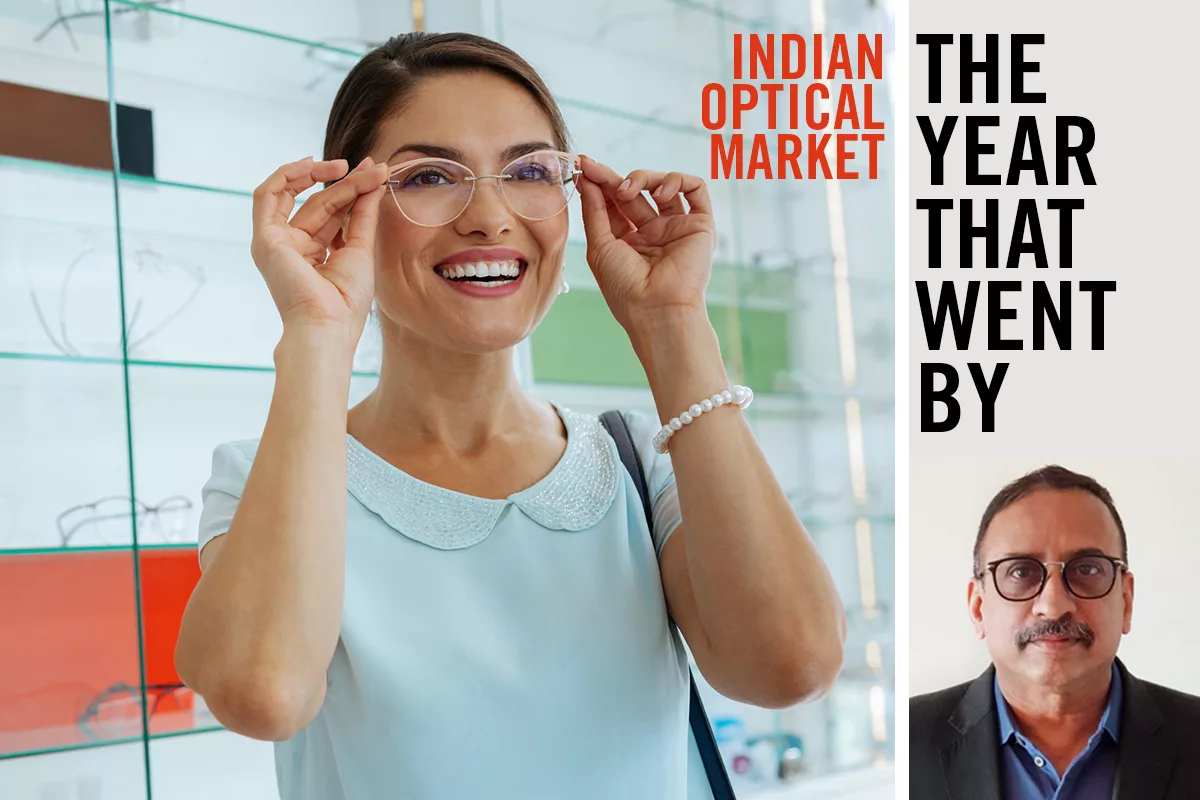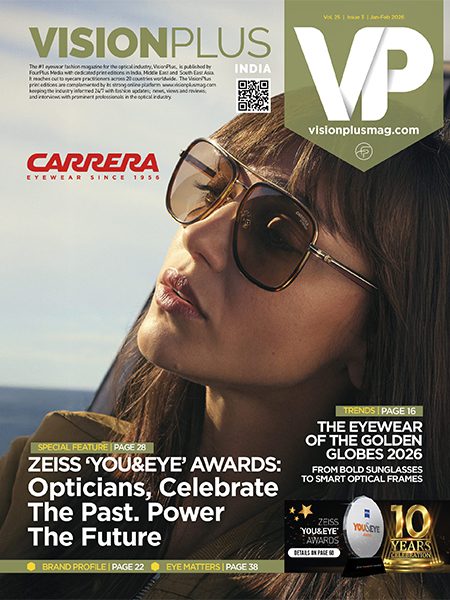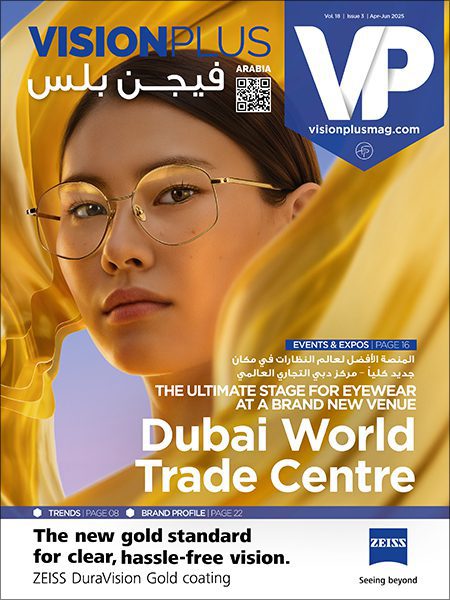If there’s anything that has taken the world by a storm recently, it has to be – ‘online shopping’. At some point of time each one of us would have bought clothes, shoes, cameras and even eye-care products like sunglasses, spectacles and contact lenses (CL) online
‘Necessity is the mother of invention,’ we have heard this cliché a million times and yet it is so apt. We are living in a world where ‘consumer is the king’ and his needs are the main driving force behind market evolution. There are 2 befitting examples of consumer needs in the domain of eye-care that led to development of products. The first one being the most commonly used Multi-Purpose Solution (MPS) also known as One Bottle System (OBS). Earlier, contact lens wearers had to use two or more different solutions to clean, rinse and soak their lenses. This led to confusion and non-compliance. The CL wearers demanded convenience and the industry obliged by introducing multi-purpose solutions. The other one is Silicone Hydrogel material. CL wearers wished to have clearer dreams and hence wanted to sleep in their lenses. After a lot of rigorous research, silicone hydrogels were introduced as continuous wear lenses that could be worn for 30 days without removal.
Why do they want to buy products online?
One consumer need that we should never under-estimate is ‘convenience’. The convenience of having a product booked with a click of the mouse and having it home delivered is a powerful driver. Add significant amount of discounts and it becomes a package too good to resist. And when the online portals offer additional benefits like wide variety of products, experts’ consultation, cash on delivery, and post purchase service; they can easily woo the consumers. In a recently conducted survey on 104 consumers who bought eye-care products online, we found discounts, availability of wide range of products and convenience to be the top 3 reasons for online purchase.
But.. Eye-care products are different…
Of course they are and this difference has been the saving grace till now for the practitioners but it does not prevent their availability on online portals. Let’s look at the difference..
Eye-care products like spectacles and contact lenses are highly customised – People have different facial structures, PDs, corneal curvatures, diameters etc. – Couple of decades ago, clothes were tailor made for these same reasons. Then some innovative minds started readymade stores and categorised the clothes in different sizes. Today, most of us buy ready-made clothes. Obviously there are few specialised clothes like suits or some ladies’ garments still tailor made but what happened to the rest? And once the size is known, ordering clothes online is becoming a new trend now.
Eye-care products are health care products – as these products are corrective measures to enhance eyesight. If they are not properly fit, they can lead to adverse events. This is even true with CL. Yet, fortunately for the consumers the serious adverse events are few. Moreover ever-improving technology has been catching up with manual expertise. We have witnessed the art & science of retinoscopy being taken over by increasingly accurate auto-refractometers. Even the hard core retinoscopy fans could not prevent this transition. The vision testing & refraction apps on smart phones are making their way into markets. The new retinal imaging systems and softwares are making retinal diagnosis easier than ever.
Considering this progress, it won’t be farfetched to imagine that technology might find a solution in a virtual world to assess spectacle or contact lens fit accurately.
What can eye-care practitioners (ECPs) do?
The results of our survey (320 subjects) administered to consumers, who purchased eye-care products from ECPs revealed:
a) getting eyes examined
b) desire to try the product physically and
c) hesitation to take risk with eyes
as the top three reasons for their preference to in-store purchase. Health conscious consumers prefer to get their eyes tested and do not consider the convenience worth the risk. Others prefer to check the products physically before purchasing. The other two prominent reasons were – a) being happy with the current ECP and b) Online purchase lacks personal interaction.
The two advantages that ECPs can definitely offer over online portals are – providing proactive, empathetic service and adding a personal touch. These are very strong tools in their kit. Almost every consumer knows about online portals, yet we have many loyalists visiting the ECPs regularly.
It will be unwise to consider online business as a ‘flash in the pan.’ For all logical reasons and taking into account the course of developed markets across the world, it’s just a matter of time before online business of eye-care product goes from strength to strength. It’s time to come out of the denial mode and gear up for the ‘online’ challenge.

